taylor // she/they // 20 // bisexual // infp-t // aphrodite devotee // ♋️☀️♓️🌙♈️⬆️ // tarot reader
Don't wanna be here? Send us removal request.
Photo
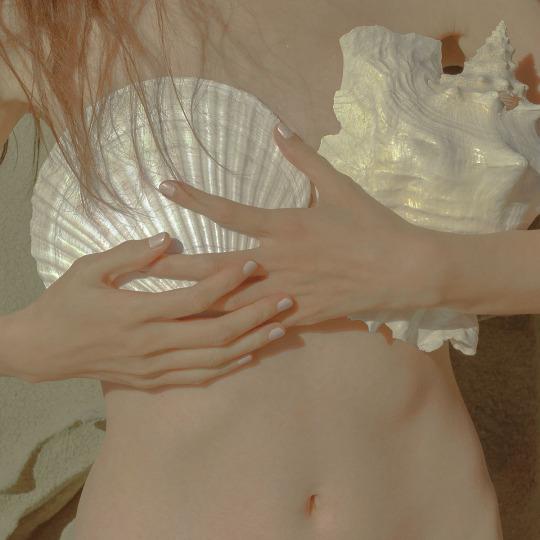

Photography by Xuebing Du
Instagram: xuebing.du
4K notes
·
View notes
Text

5K notes
·
View notes
Text
i’ve been inactive, but in the time i’ve been gone i’ve become so so much happier in my life and aphrodite (as well as the other gods!) has offered me so many blessings and opportunities during these past few months it’s incredible. wow. i don’t know if i’ve ever been so happy in my life?
0 notes
Text



picked up the cosmic slumber tarot and the star spinner tarot because the moment i saw the art of both of them i just had had had to have them, i was super drawn to them! and they’re just so beautiful! 💕 (plus the cosmic slumber has great cardstock and i’m very happy about it!)
6 notes
·
View notes
Photo
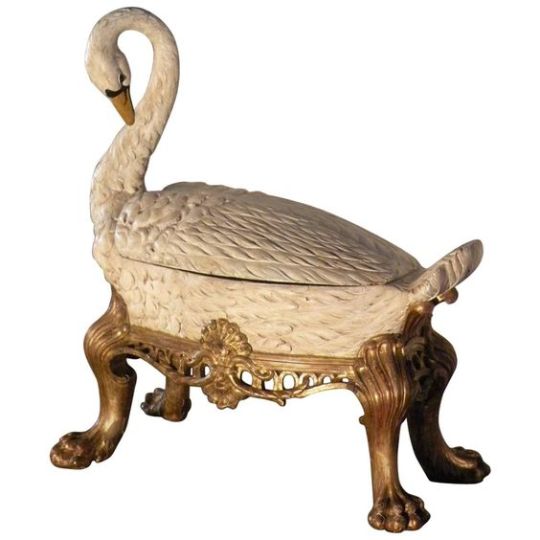
18th century swan wine cooler
11K notes
·
View notes
Photo

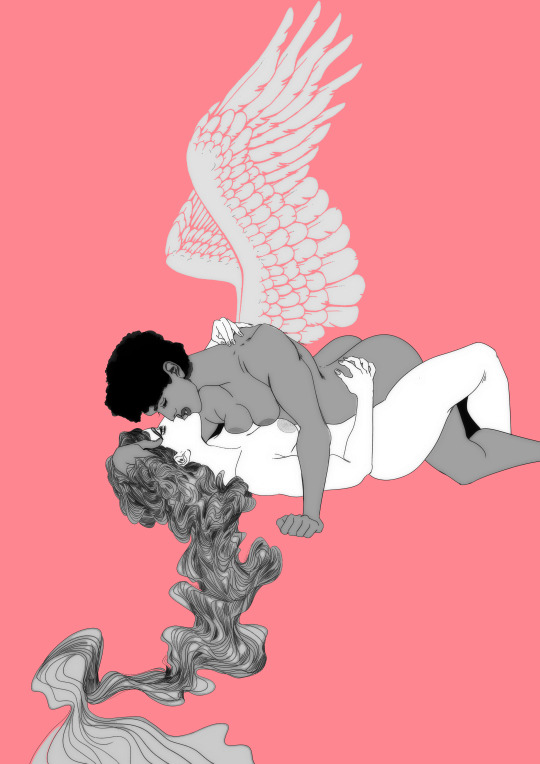



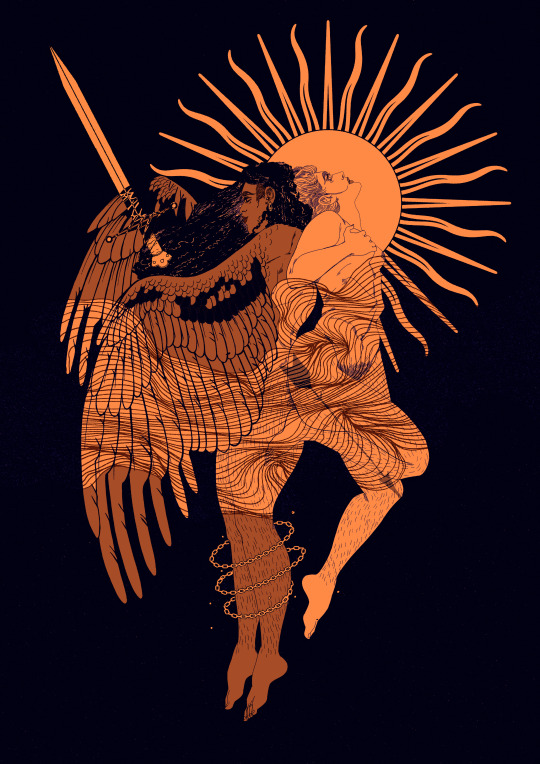

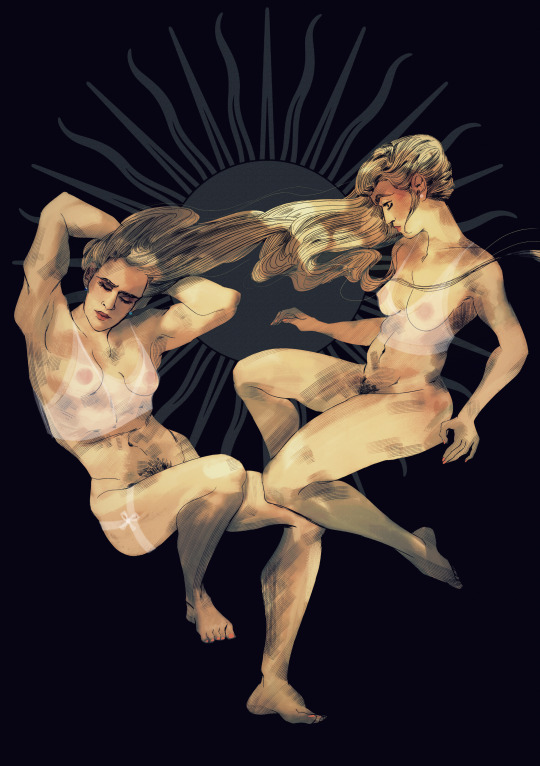


i’ve felt your teeth
Art from 2020 by Mayticks Prints available on Etsy
21K notes
·
View notes
Text
cultivate love in your heart and let it spill into everything you do
7K notes
·
View notes
Text
Yes or no tarot

Hope you like 🌸
11K notes
·
View notes
Text
Aphrodite of the Sea
This aspect of hers deserves some more attention. As someone who was raised by the sea, grand-daughter of a sailor and one who fell for an ex-sailor, I’m terribly biased. Aphrodite’s association with the sea is not ignored, and I see it come up often through aesthetics, but I’ve more rarely seen the cultic aspect being brought up. So here we are.
The birth of Aphrodite and the epithets Her birth is obviously a given when talking about Aphrodite’s link to the sea. Hesiod, in his Theogony, informs us that she was born out of the white seafoam generated by Ouranos’ mutilated testicles which were thrown in the sea and carried by the waves. From this birth, Aphrodite was given the epithet Anadyomene “Rising from the Sea”. While this myth alone could be enough to explain the goddess’ natural intimacy with the marine world, the other epithets she has give a glimpse of a deeper association. First, we can list the basics: Pontia “of the Deep Sea”, Pelagia “of the Open Sea”, Thalassai “of the Sea”, Galenai “of the Calm Sea”. More interesting are Euploia “of Smooth Sailing” and Limenia/Epilimenia “of the Harbor”, because they explicitely refer to her impact on mortal’s lives, and especially the lives of those for whom sailing is essential.
The goddess of seafarers More than the sea itself, Aphrodite’s home is the harbor and the sea coast. In fact, her sanctuaries and temples were commonly built on the sea side, on the harbor or the beach (especially on island towns): in many cases, Aphrodite’s cult was brought from the sea to foreign lands. Greek mariners took her with them where they sailed and as such, have brought her cult a bit everywhere around the Mediterranean, whether through trade or war.
As the patronness of ship’s crews, mariners, ship owners, traders, fishermen, immigrants and seafaring tourists, it is natural to find her on the harbor when back on land, and especially under the epithet of Euploia. This was the case in Athens, of course, but also in Knidos, Olbia, Cilicia, Mylasa and Delos. In Corinth, Kechries and Aegina, it is the epithet Epilimenia that is prefered. Finally, other seaside temples and sanctuaries simply refered to her as Pontia. I simply wish to highlight, with this long list, that we are not dealing with an obscure aspect of Aphrodite. Her cult amongst seafarers is an important and widespread one. Her most important sanctuaries were in Cythera and Cyprus, as both location tie into the birth story as told by Hesiod. Cythera being where she first touched land, and Cyprus being her main cult site and permanent “residence”. Cyprus is, in fact, covered by hundreds of sanctuaries dedicated to her. I could go on and on about the mythical associations between certain spots in Cyprus or even Rhodes, but this is not the focus for today.
Aphrodite protected sailors in many ways. Being both of the sea and the sky, she righteously has dominion over the winds necessary for sailing. Epigrams found in the Palatine Anthology give us some insight about what the sailors prayed her for:
“Cypris, if you save those at sea, save me, beloved goddess, who perish ship-wrecked on land.” - Book 5, epigram 11
“Guardian of the surf-beaten shore, I send you, Cypris, these little cakes and simple gifts of sacrifice. For tomorrow I shall cross the broad Ionian Sea, hasting to the bosom of my Idothea. Shine favourable on my love, and on my bark, you who are queen alike of the bedroom and of the shore.” - Book 5, epigram 17
“This is the place of Cypris, for it is sweet to her to look ever from the land on the bright deep, that she may makes voyages of sailors happy; and around the sea trembles, looking on her polished image.” - Book 9, epigram 144 “This passing fair statue did Aeximenes erect to Aphrodite, the protectress of all navigation. Hail, sovereign Cypris! And if you give gain and welcome wealth you shall learn that a ship is most ready to go shares.” - Book 9, epigram 601
translations by W. R. Paton, modernized by me.
Those epigrams give us interesting examples of offerings given to Aphrodite as well: cakes, statues, and a promise of giving back some of the wealth gained from trade. These are far from being the only sources we have on the matter. For example, Plutarch tells in Life of Theseus (18.2) how Theseus sacrificed to Aphrodite a female goat before setting sail to Crete. While it is unlikely that Plutarch had sources to back up this claim, he is using a logical association rooted in cult practices.
It is important to point out that the liveliness of the harbors also made it a prime location for sex workers, another part of the population under Aphrodite’s protection. Herodotus, for example, tells us about the greek colony in Egypt, Naukratis, and how the sex workers there were successful in their business (Histories, 2. 135.5). The Piraeus port in Athens has also been described as a sex work hot spot (cf. Aeschines, Against Timarchos, 40), and it would be quite logical to consider this a widespread phenomenon, especially when the association between sex work and mariners has lasted through time. Between sex workers and sailors, harbors really do unite two worlds of Aphrodite: love and the sea.
The case of Naukratis is otherwise notable, as excavations have shown that the temple in the sanctuary of Aphrodite was one of the oldest structures of the city, dating back to 600 BC and founded by East Greek traders. Several vases were dedicated here to Aphrodite Pandemos, which makes sense, as the colony was composed of immigrant citizens from varied backgrounds.
Aphrodite’s fish
Athenaeus of Naukratis tells of how the gilt-head bream is particularly sacred to Aphrodite in Cythera, as this fish has scales that have a golden shimmer to it. The local fishmermen considered it a good omen to see a bream appear to them, and a confirmation of the goddess’ protection on sea. Athenaeus also mentions the pilot-fish, probably naucrates ductor, which tends to follow sharks, but is also known to follow boats. Still according to Athenaeus, the pilot-fish was born directly from Ouranos’ blood at the same time as the birth of Aphrodite. In a similar fashion than with the bream, seeing a pilot-fish swim besides the ship was considered a good omen of divine protection. More generally, the dolphin is also sacred to her, an animal she shares with Apollo and Dionysus, among others. For Plutarch, all sea life is sacred to her and should not be killed.
_____________
Further reading: (note that this post is long and could have been way longer. I’ve made major cuts to make this digestable)
Blakely S., Collins J. B., Religious Convergence in the Ancient Mediterranean, 2019
Cyrino S. M., Aphrodite, 2010
Demetriou D., Tῆς πάσης ναυτιλίης φύλαξ: Aphrodite and the Sea in: Kernos 23, 2013
Pirenne-Delforge V., L’Aphrodite grecque. Contribution a l’etude de ses cultes et de sa personnalite dans le pantheon archaique et classique, 1994
311 notes
·
View notes
Text
You Are Loved You Are Loved You Are Loved You Are Loved You Are Loved You Are Loved You Are Loved You Are Loved You Are Loved You Are Loved You Are Loved You Are Loved You Are Loved
38K notes
·
View notes







